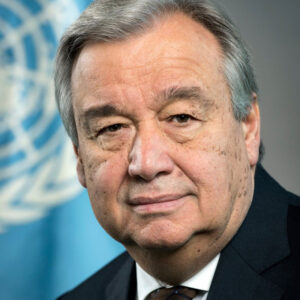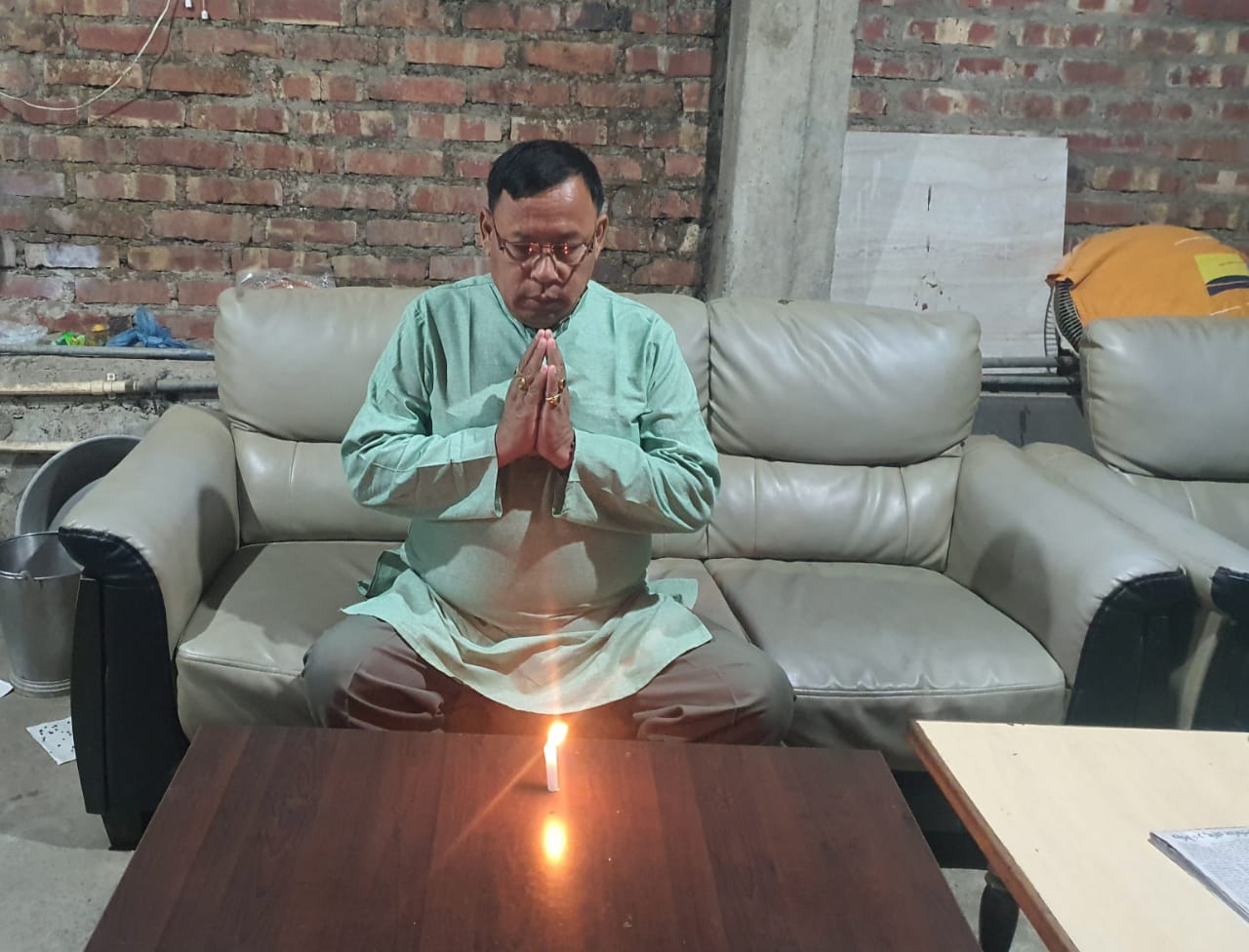
World Press Freedom Day
New York/New Delhi: The COVID-19 pandemic has turned out to be a media extinction event. It has accelerated the financial decline of many public interest media organizations, and has hit the media business hard with estimated losses of $30 billion over the last year for newspapers alone.
The economic impact of the pandemic has hit many media outlets hard, threatening their very survival. As budgets tighten, so too does access to reliable information. Rumours, falsehoods and extreme or divisive opinions surge in to fill the gap.

But that is not all. The pandemic is also accompanied by an enormous concurrent “infodemic”. Misinformation and hate speech have proliferated, jeopardising the health of millions of people worldwide, undermining confidence in vaccines and science, and dividing communities and countries.
“We cannot afford to let this happen. Maintaining independent, fact-based reporting is an essential global public good, critical to building a safer, healthier and greener future. Without urgent action by the international community, we could be left with irrevocable damage to our societies and irreparable threats to the Sustainable Development Goals,” United Nations Secretary-General António Guterres said in a message.
The global challenges faced during the COVID-19 pandemic underline the critical role of reliable, verified and universally accessible information in saving lives and building strong, resilient societies. “During the pandemic, and in other crises including the climate emergency, journalists and media workers help us navigate a fast-changing and often overwhelming landscape of information, while addressing dangerous inaccuracies and falsehoods. In too many countries, they run great personal risks, including new restrictions, censorship, abuse, harassment, detention and even death, simply for doing their jobs. The situation continues to worsen,” Guterres said.
In India, over 50 journalists died due to Corona within last fortnight.

“The United Nations Plan of Action on the Safety of Journalists aims to create a safe environment for media workers across the globe — because information is a public good,” Guterres said, and urged all Governments to do everything in their power to support a free, independent and diverse media.
Free and independent journalism is our greatest ally in combating misinformation and disinformation. Guterres said in that regard, he welcomed efforts by donors, the private sector and civil society to create the International Fund for Public Interest Media. “Ensuring sufficient funding and support is crucial to securing the long-term future of independent media organizations, especially in low- and middle-income countries,” Guterres said. He added that through these efforts the international community can chart a path towards a new era of sustainable, public interest journalism, while helping to restore trust across societies. “I urge Member States, donors and other stakeholders to support this vital new endeavour,” he said.
It may be mentioned that this year on the World Press Freedom Day, the world commemorates the thirtieth anniversary of the Windhoek Declaration for the Development of a Free, Independent and Pluralistic African Press. Despite dramatic changes in the media over the past three decades, the Declaration’s urgent call for press freedom and free access to information is as relevant as ever.
– global bihari bureau





